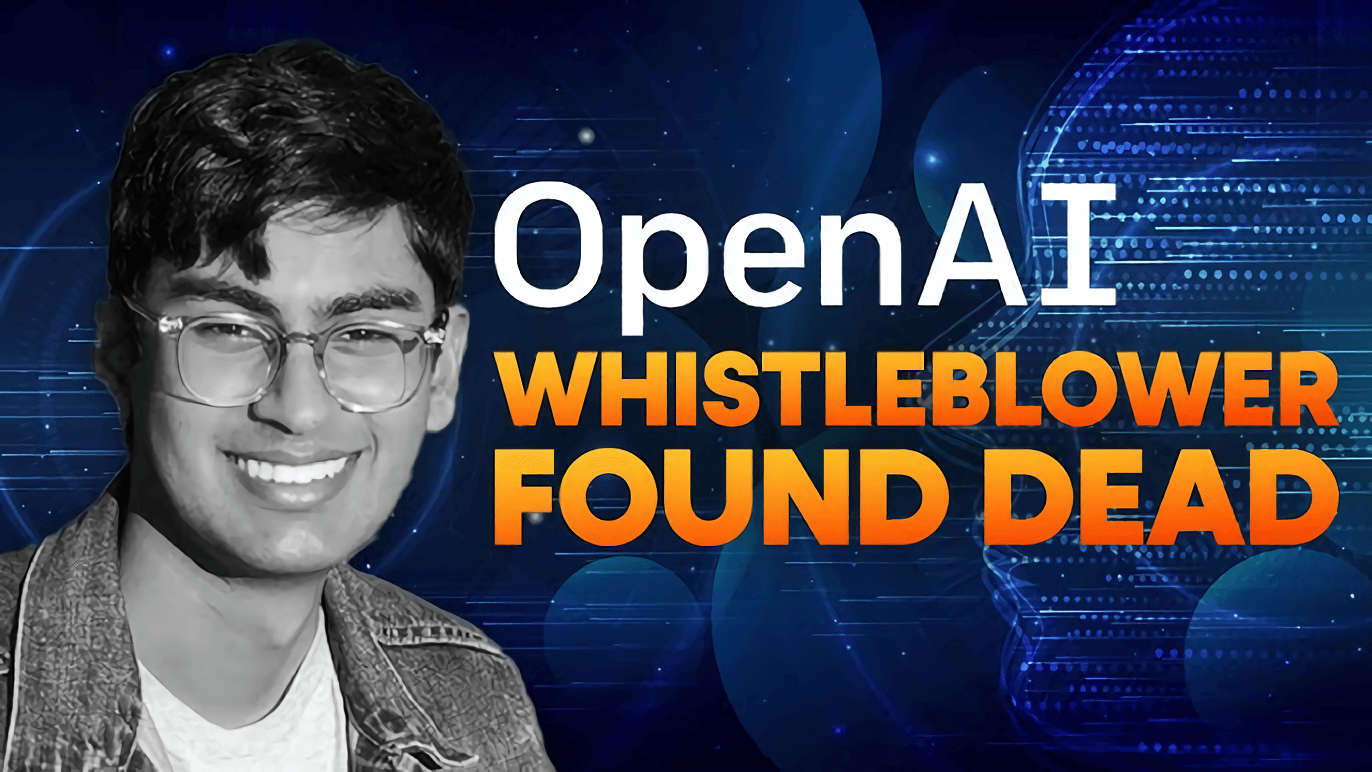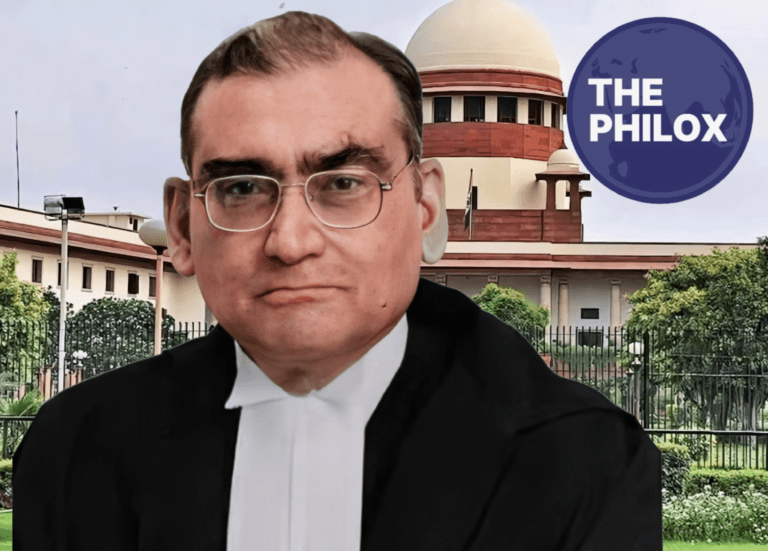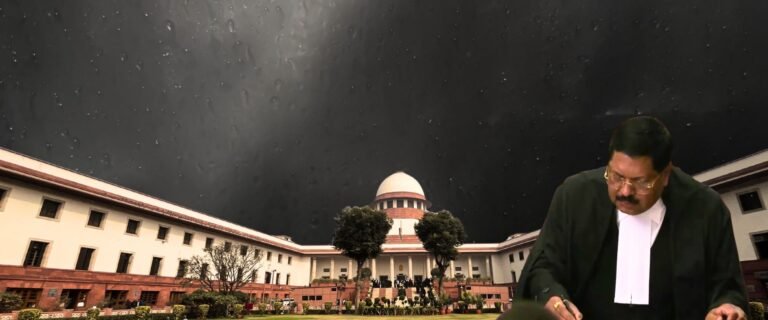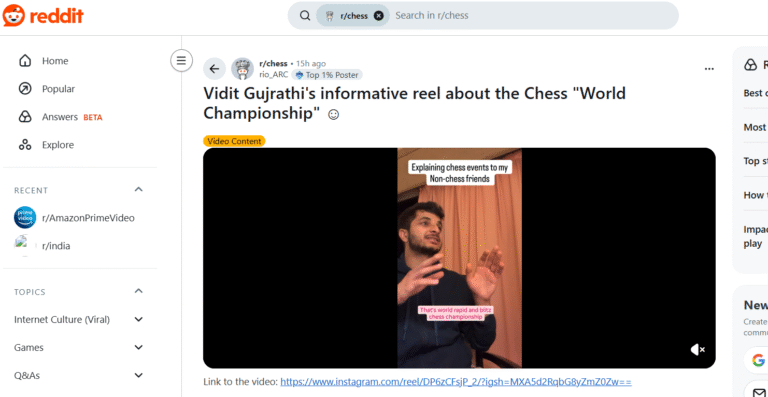
Was Suchir Balaji Murdered by Sam Altman’s OpenAI for Exposing the Dark Side of ChatGPT?
The tragic death of Suchir Balaji, a former researcher at OpenAI, has sparked numerous rumors and conspiracy theories online, especially in relation to his criticisms of OpenAI and its CEO, Sam Altman.
Here, we aim to dissect the controversy, examine the facts, debunk myths, and clarify the narrative surrounding these events.
The Background of Suchir Balaji
Suchir Balaji was a 26-year-old Indian-American researcher who worked at OpenAI for nearly four years, with a significant portion of his tenure dedicated to the development of ChatGPT.
After leaving the company in August 2024, Balaji became vocal about what he perceived as ethical and legal issues with OpenAI’s data practices.
He accused the company of violating copyright laws by training its AI models on copyrighted content without consent, a practice he argued could be detrimental to the internet ecosystem and the rights of content creators.
The Allegations and Controversy
Balaji’s main contention was that OpenAI, under Sam Altman’s leadership, was using vast amounts of internet data, including copyrighted materials, to train its AI models without proper authorization or compensation to the original creators.
This issue was not unique to OpenAI but is a broader one within the AI industry concerning data ethics, copyright, and “fair use” doctrines.
Balaji’s criticisms were especially highlighted in interviews with major publications like The New York Times, where he discussed how generative AI products like ChatGPT could produce content that competes directly with the data they’re trained on, thereby potentially undermining the market for original content. His arguments contributed to a wave of lawsuits against OpenAI and other AI companies for copyright infringement.
The Death of Suchir Balaji
On November 26, 2024, Suchir Balaji was found dead in his San Francisco apartment in what authorities officially ruled as suicide.
The San Francisco Police Department and the Office of the Chief Medical Examiner concluded there was no evidence of foul play. This determination was based on standard investigative procedures, including a wellness check initiated by concerned individuals.
Conspiracy Theories and Myths:
Myth 1: Sam Altman Killed Suchir Balaji
Debunking: There is no credible evidence linking Sam Altman or anyone from OpenAI to Balaji’s death. Conspiracy theories suggesting murder stem from Balaji’s public criticisms of OpenAI’s practices, but they are fueled by speculation rather than fact.
Official reports, including statements from the medical examiner, explicitly state the manner of death as suicide, with no indication of external involvement.
Myth 2: Balaji was Murdered for Exposing Customer Data Use
Debunking: While Balaji did speak out against the unethical use of data for training AI models, his comments were centered around copyright infringement rather than the misuse or theft of customer data.
There has been no specific allegation or evidence presented indicating that OpenAI was using private customer data for its AI training beyond what is legally and publicly available. Balaji’s concerns were about the ethical implications of data sourcing for AI development, not about privacy violations or customer data breaches.
Myth 3: The Mystery Surrounding Balaji’s Death
Debunking: The narrative around “mystery” often stems from the emotional and sensationalist response to a young, vocal critic’s untimely death. However, from an investigative standpoint, there is no mystery.
The police and medical examiner conducted their investigations, which, as per standard procedure, do not find any signs of foul play in suicides. Speculation about it being a murder lacks substantiation.
Broader Context and Controversies
OpenAI’s Ethical and Legal Challenges: The controversy does shine a light on broader issues within the AI industry. OpenAI, like other tech giants, faces scrutiny over how it trains its AI models.
The debate around “fair use” versus copyright infringement is ongoing, with legal battles that could redefine digital content rights in the AI age.
Sam Altman’s Leadership: Altman has been a polarizing figure, especially after his brief ousting and reinstatement at OpenAI in 2023, which highlighted internal governance issues and his relationship with the board.
His leadership style, the direction of OpenAI towards profit-making, and his public statements have often been at the center of debates about AI ethics, privacy, and regulation.
Public Perception and Social Media: The internet, particularly platforms like X (formerly Twitter), can amplify conspiracy theories without fact-checking. Posts on X reflected a mix of genuine concern, misinformation, and speculative narratives that lacked evidence but were rich in drama and emotion.
While Suchir Balaji’s death is undeniably tragic, attributing it to murder or directly linking it to his criticisms of OpenAI without any evidence does a disservice to the complex issues he raised.
The real controversy lies in the ethical and legal challenges of AI development, which deserve open, factual discussions rather than being overshadowed by unsubstantiated theories. The conversation around AI, data rights, and corporate responsibility should continue, but it must be grounded in verifiable facts to honor the memory of those like Balaji who dared to question the status quo.












It is surprising that there is ni report on the manner of suicide, whether there was a suicide note, etc. This absence of information itself raises suspicion